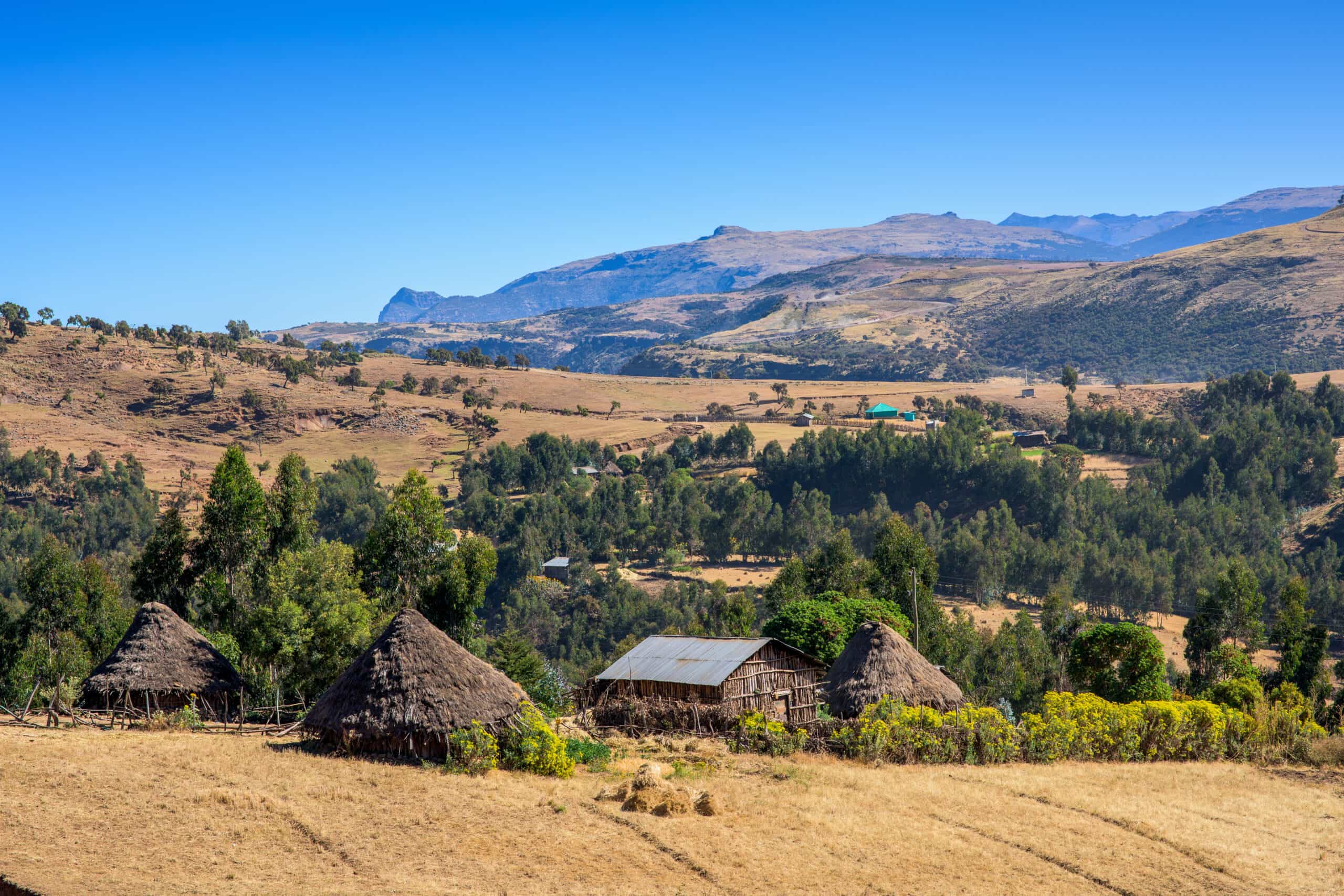Interview with our local partner in Panama
1 October 2025

The Ethiopian wolf is rare. Incredibly rare. In fact it is the world’s rarest canid, and the most endangered carnivore in Africa. The population is in a state of flux, but even the most optimistic estimates reckon less than 500 individuals remain. These are split between six highland pockets in Ethiopia, including the Bale and Simien mountain ranges. If you hope to see this majestic creature in the wild, you’re going to have to learn how to spot the Ethiopian wolf.
 Since crossing the land bridge from the Middle East into what is now the African continent around 100,000 years ago, evolution has honed the hunting prowess of the ancestral grey wolf into the specialist rodent predator we see today. Longer legs and snout, tawny fur, smaller teeth and a lean agility suited to stalking low in the grassy heathland all make the Ethiopian wolf an efficient hunter of hyrax, giant molerats and grass rats.
Since crossing the land bridge from the Middle East into what is now the African continent around 100,000 years ago, evolution has honed the hunting prowess of the ancestral grey wolf into the specialist rodent predator we see today. Longer legs and snout, tawny fur, smaller teeth and a lean agility suited to stalking low in the grassy heathland all make the Ethiopian wolf an efficient hunter of hyrax, giant molerats and grass rats.
Ethiopian wolves are facing a number of threats. The wolf packs’ habitat is endangered through human activity – population pressures mean that land is scarce so more and more people are forced to graze their livestock on virgin grassland. The remaining pockets of territory can realistically only support around 2000 wolves, and that is only if current measures to increase numbers are successful.
The wolf’s susceptibility to diseases such as rabies and canine distemper, brought into their territories by herdsmen and their dogs, has recently seen the total population shrink to around 250. A strain of canine distemper has unfortunately decimated the packs living in the Bale National Park from 350 wolves to around 80. Vaccination and education by the Ethiopian Wolf Conservation Programme has previously managed to bring numbers back to a healthier level, and the continued efforts to protect this species appear to be paying off. But they are still elusive. So how to maximise the chances of spotting them?
Make it happen
If you’d like to find out more about opportunities for wildlife spotting in Ethiopia see our destination overview.
Join our mailing list for travel inspiration, trip recommendations, and insights from our local experts.